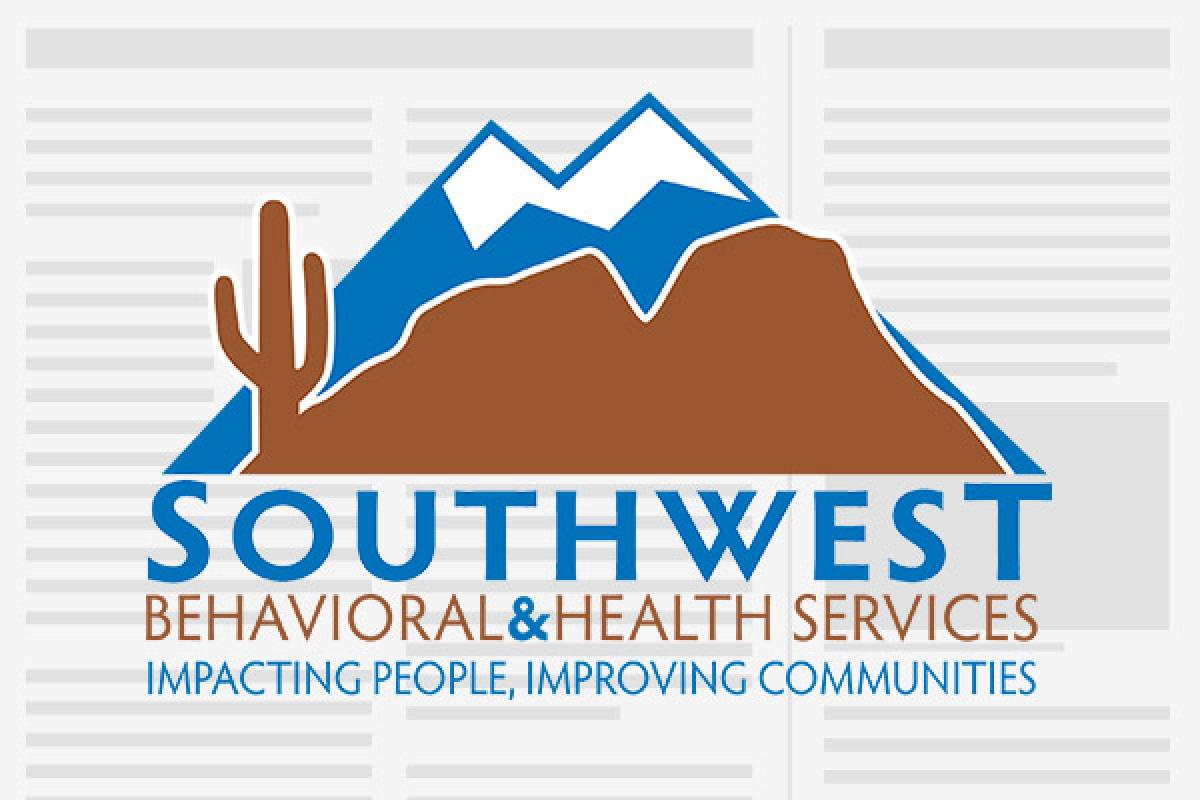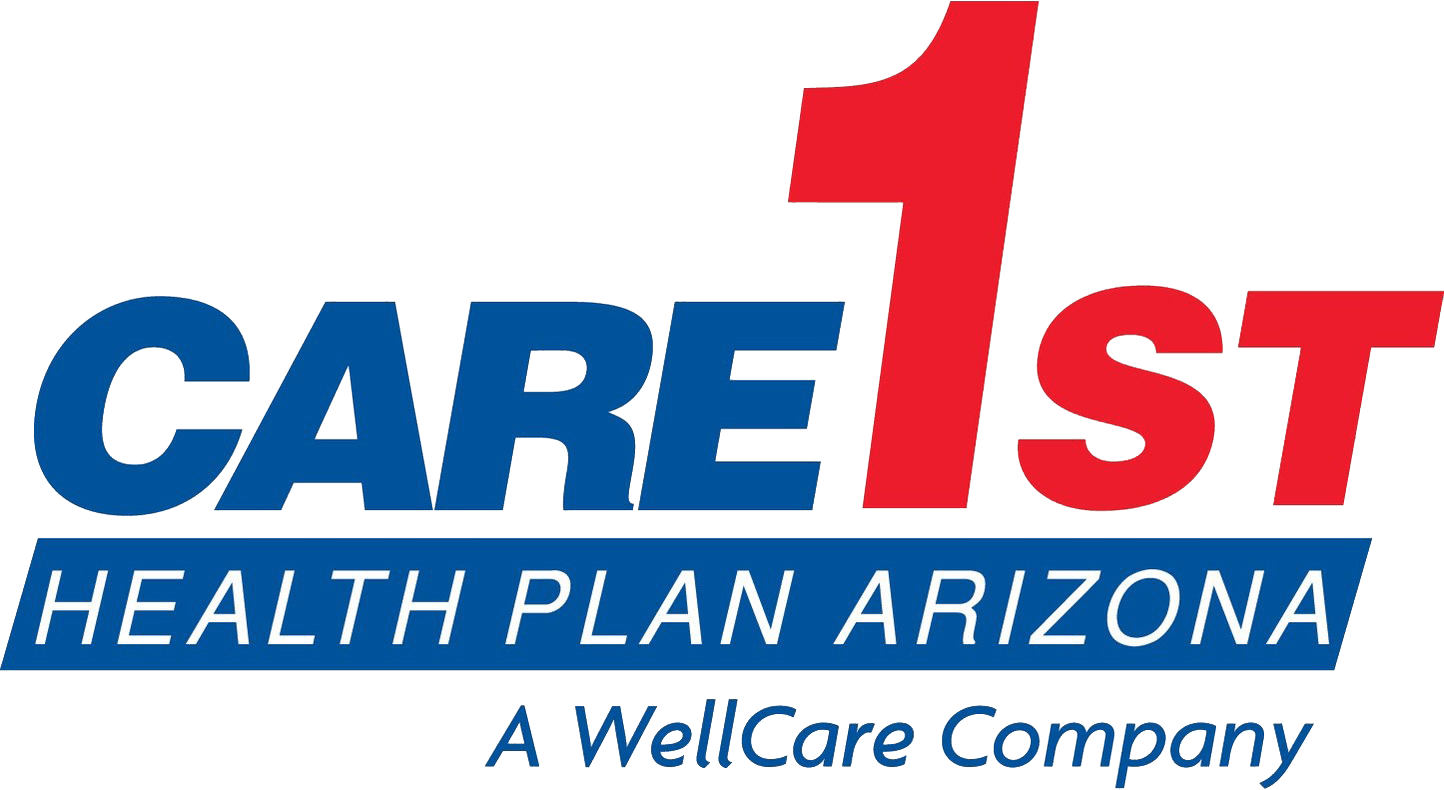
Having a teenager can be a challenging, especially in today’s busy world. In Arizona, the average age of first time drug use is 13 years old!
We would like to take this time to educate parents on signs to look out for and what you can do if you suspect your child is using drugs. Either way, make sure to act fast and get help ASAP as addiction that starts in the teen years could potentially lead to lifelong struggles.
Common signs of drug use to watch for:
- Withdraws from family
- Becomes more secretive about activities
- Has a sudden change in friends
- Lower grades, getting in trouble at school
- Going out every night
- Cash flow problems
- Avoiding eye contact
- Smells like smoke or alcohol
- Slurred speech
- Burns on lips or fingers
Here are some ways to begin the conversation with your child:
- Speak to your child at a time when they are sober.
- Be firm and loving.
- Don't yell. Remain calm.
- Think beforehand about how you could verify their claims about their whereabouts and activities.
- If you have objective proof that your teen is lying, bring it up.
- Focus on the behavior and why it worries you. Don't make it sound like you think your teen is a bad person because he has tried drugs or alcohol.
- Set clear consequences so he or she knows what will happen if they repeat this behavior in the future.
It is okay to snoop! Children can be crafty in concealing alcohol, drugs and drug paraphernalia. If you suspect such activity, here is a list of some possible hiding spots:
- Dresser drawers beneath or between clothes
- Desk drawers
- CD/DVD/Tape/Video cases
- Small boxes – jewelry, pencil, etc.
- Backpacks/duffle bags
- Under a bed
- In a plant, buried in the dirt
- In between books on a bookshelf
- Inside books with pages cut out
- Makeup cases – inside fake lipstick tubes or compacts
- Under a loose plank in floor boards
- Inside over-the-counter medicine containers (Tylenol, Advil, etc)
- Inside empty candy bags such as M&Ms or Skittles
Addiction is a serious issue and the earlier that it is treated, the higher the chance of getting back on track. Parents, keep your eyes and ears open, be aware of what your child is up to and if you suspect anything – please seek help quickly!














